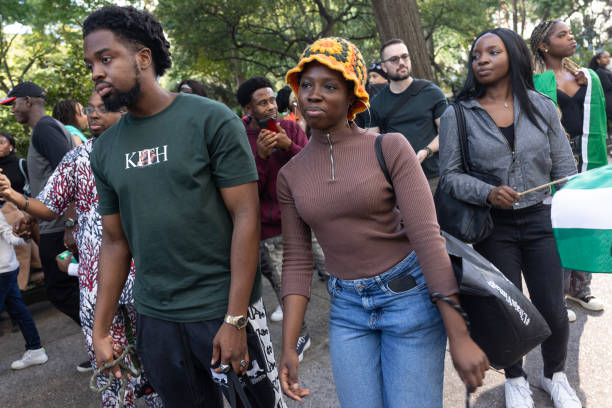When we hear about remittances, most of us immediately think of money sent home by Nigerians working abroad. These funds are vital—helping families pay bills, build homes, and invest in education. But there’s a deeper story often overlooked: remittances are not just about cash. They are powerful vehicles of cultural exchange and influence that shape our society in profound ways.
Every year, billions of dollars flow into Nigeria from the diaspora. According to the World Bank, Nigeria ranks among the top countries receiving remittances globally. While the financial impact is clear, the cultural ripple effects are equally significant but less talked about.
When Nigerians live abroad, they do more than send money. They carry their customs, ideas, and lifestyles with them—and bring back new ways of thinking, dressing, and even eating. A mother in Lagos might receive a package of foreign spices along with cash, or a student might return from London with not just tuition fees but fresh perspectives on gender equality or entrepreneurship.
Remittances often come with a slice of another world. For example, fashion trends from abroad become popular here, music styles cross borders, and even languages pick up new phrases. The influence goes both ways, enriching Nigerian culture while also blending it with global elements.
But there’s also a challenge. Some fear that this cultural exchange might dilute traditional values or create unrealistic expectations, especially among young people. The flashy lifestyles seen on social media—often funded by remittance money—can sometimes cause envy or pressure to keep up.
Yet, it’s important to see this cultural flow as part of Nigeria’s ongoing story. Our nation has always been a melting pot of traditions, ideas, and influences. Remittances add a modern twist to this, connecting families and communities in a global network.
More than money, remittances are bridges. They link Nigerians at home with those abroad in ways that are personal and cultural. As we focus on the economic benefits, let’s also appreciate the rich, sometimes subtle, cultural exchanges they spark.
This human connection—beyond dollars and cents—is a force shaping the future of Nigeria’s society and identity. In embracing both the financial and cultural power of remittances, we unlock a fuller understanding of what it truly means to be Nigerian in a globalised world.




